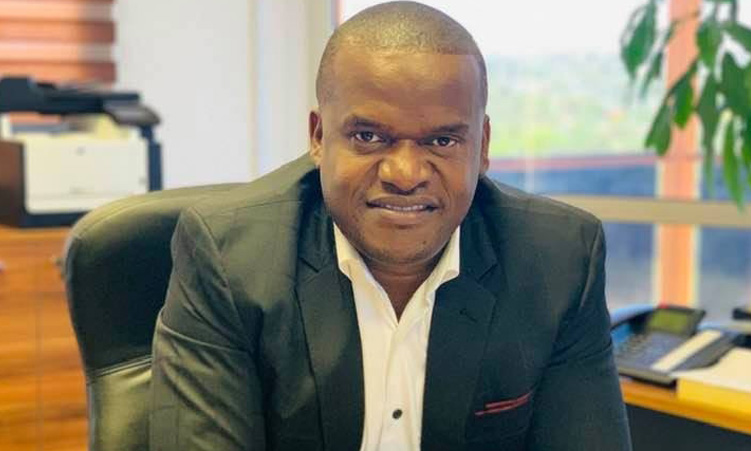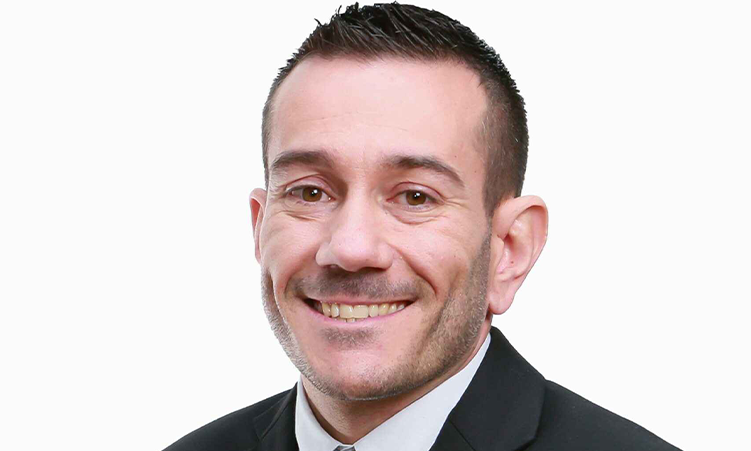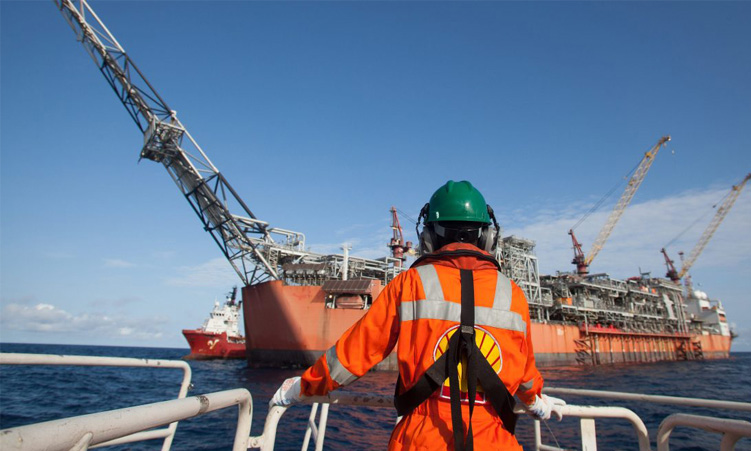The decision by Shell to write off US$400 million (N$6.8 billion) invested in the exploration of one well in Namibia will not affect the country’s prospects to become a top oil producer in the future.
Shell yesterday announced it would have to write off US$400 million in explorations from one of its wells.
The oil company’s spokesperson, Paul Connolly, yesterday told The Namibian the write-off is in line with Shell’s accounting policies.
“This is an accounting process and does not represent ongoing efforts in petroleum exploration licence (PEL39), where we see potential additional opportunities beyond the wells we have drilled and are writing off,” he said.
Shell has drilled six exploration and three appraisal wells across the PEL39 licence, which is more than in any other exploration block in Namibia.
Connolly said the company faced various challenges during exploration.
“The discoveries remain challenging due to resource mobility and permeability and a high gas- to-oil ratio making extracting oil and gas harder. This, coupled with current market conditions, have not yet enabled clear commercial pathways that meet Shell’s investment requirements,” he said.
Connolly said Shell is still evaluating pathways for further exploration and appraisal with its partners, in line with existing agreements.
Meanwhile, the deputy minister of mines and energy, Kornelia Shilunga, said the ministry would issue a statement today and that there is no need for panic.
The PEL39 licence is a joint venture between Shell as operator (45%), QatarEnergy as participating interest (45%), and the National Petroleum Corporation of Namibia (Namcor), with 10%.
Over the last three years, Shell and its partners have drilled nine wells across the licence.

‘OTHER DISCOVERIES MADE’
Former petroleum commissioner Immanuel Mulunga says other discoveries are larger and easier to produce than those discovered by Shell.
“There are other companies, like Galp and TotalEnergies, that have also made recent discoveries, and it looks like they are going to be commercially viable. So it’s a blow for the country, but it’s not a fatal blow,” he says.
This comes after Shell on Wednesday announced the discovery at offshore block PEL39 in Namibia cannot currently be confirmed as commercially viable.
In 2022, Shell announced the discovery of light oil and associated natural gas in the Graff-1X exploration well at PEL39 in the deepwater Orange Basin.
“In my opinion, because there are other discoveries that have been made, that should still put us in a position to be able to produce oil by 2030,” Mulunga says.
He says the fact that Shell cannot currently use the oil for commercial development does not mean there is no oil.
Sometimes the cost of producing oil may be too high to translate into economic benefits for the company, Mulunga says. He says exploration write-offs are not unique to Namibia.
“That happens all over the world, so it is not happening for the first time in Namibia. Just because an oil discovery has been made does not mean it will be commercially viable,” Mulunga says.
According to the company’s 2024 fourth-quarter update, it will write off another US$300 million (about N$5.7 billion) related mainly to exploration licences in Colombia.
Last year, the oil industry was hit by another challenge when petroleum commissioner Maggy Shino announced that Namibia’s oil contains a high percentage of gas in the fields.

This would require additional infrastructure and was projected to slow development and may make projects unprofitable.
Namcor spokesperson Paulo Coelho says there is still a lot of potential for Namibia’s oil industry as it remains under exploration.
“We remain firm in our conviction that Namibia is a rich under-explored oil province. With more hydrocarbon exploration activities, the country’s full petroleum potential will certainly be realised,” he says.
Additionally, Coelho says the company will not suffer any financial implications due to Shell’s announcement.
“Namcor would not have any financial exposure even in the event of a non-commercial conclusion as we are a carried partner. All financial investments and risks were carried by the operator,” he says.
However, the corporation did not receive any formal communication from Shell concerning the commercial viability of PEL39, Coelho says.
Currently about 32 oil blocks in the country are under exploration.
Stay informed with The Namibian – your source for credible journalism. Get in-depth reporting and opinions for
only N$85 a month. Invest in journalism, invest in democracy –
Subscribe Now!










